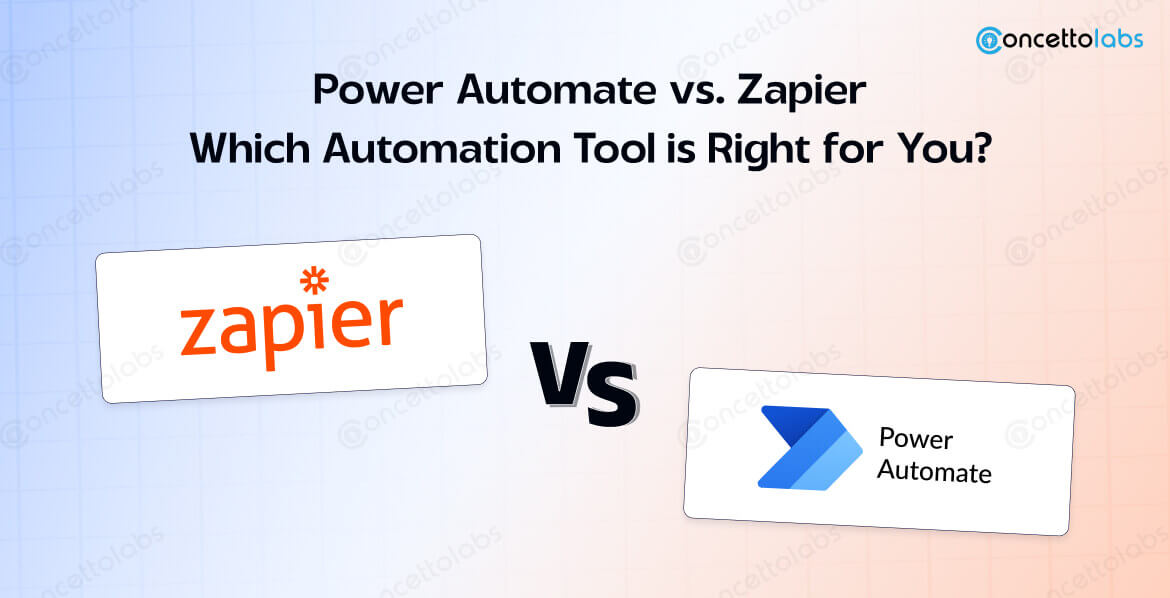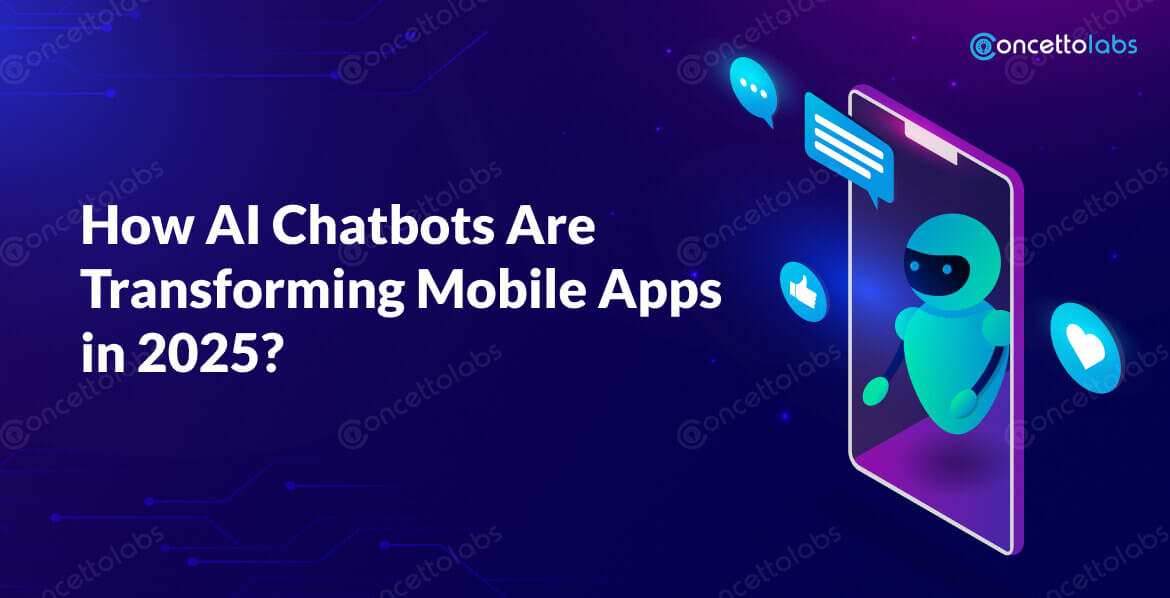
Summary: Integrating Microsoft 365 Dynamics with the Internet of Things generates the opportunity to turn conventional customer service into a proactive, predictive, and highly individualized service. Real-time monitoring capabilities together with automated alerts, predictive maintenance, and insight indicative features make Dynamics 365 enable businesses to anticipate customer needs and meet them in time thus increasing customer satisfaction and loyalty.
In this way, IoT helps Dynamics 365 to forecast issues, solve them, and provide customers with a unified and seamless service. This blog post will discuss IoT service, what features Dynamics 365 has examples and trends regarding using these technologies to enhance customer experience and optimize operations.
In the present world where everything is increasing at a very fast rate, customers’ expectations are also increasing. To today’s businesses that aim to be competitive, it is important to deliver an integrated experience to customers. Microsoft provides one of the solutions to address these expectations, which is Microsoft 365 Dynamics with a focus on Dynamics 365 for Customer Service.
When integrated with the Internet of Things (IoT), this powerful platform shifts customer service from being reactive to predictive and from being mass to being individualistic. This blog post describes how IoT and Dynamics 365 can coexist, the importance of connected customer service, and how this can be achieved using these technologies to improve the understanding of customers’ needs.
What is Connected Customer Service?

CCS is a model that ensures that the customer is engaged in real-time and supported proactively and effectively through IoT devices linked to enterprise solutions such as Microsoft Dynamics 365. By using this intertwined model, the companies can observe the customer’s devices, understand when there is a problem, and solve it before the customer faces any inconvenience.
A fully integrated architecture for customer service allows organizations to be more effective in their interactions and deliver better solutions, faster response times, and more focused help. This goes beyond the basics and incorporates the use of IoT for the provision of alerts, monitoring, and intelligence.
The Role of IoT in Customer Service
IoT technology has made it easier for organizations to interact with customers through their devices and products through real-time data. This information assists in identifying usage trends, identifying abnormal behavior, and even diagnosing problems without having to make contact with it physically. For example, the IoT sensors in smart home appliances can notify the manufacturer of a fault, triggering a repair process before the customer is inconvenienced.
By using IoT, it becomes possible for organizations to move from fire-fighting mode to keeping their customers happy by preventing problems and limiting downtime. This strong approach allows customers to feel understood and addressed within the shortest time possible hence creating a positive perspective of the brand.
How Dynamics 365 powers Predictive Customer Service?
Microsoft Dynamics 365 improves the predictive customer service using analytical features of the Microsoft Dynamics finance and operations modules with IoT data stream. This way, businesses can prepare themselves for what might be needed, what may go wrong, and even what new products are becoming fashionable by their usage data. For instance, Dynamics 365 Intelligent Order Management leverages AI in order to determine the right resources in order to meet the demands of the customer.
This predictive model helps organizations to know their customer and design a service delivery model that will appear as if every service is being delivered based on the customer’s wants. Moreover, Dynamics 365 integration ensures data flow across departments hence giving a customer an all-in-one experience.
Key Features of Dynamics 365 for Predictive Customer Service

Here are the features that make Dynamics 365 a robust choice for delivering predictive customer service:
1. Real-Time Monitoring
This makes it possible to connect IoT sensors to Dynamics 365 where it will be able to monitor customer assets in real-time and notify teams if there is any anomaly or sign of wear.
2. Proactive Alerts
Dynamics 365 sends notifications based on data obtained from IoT devices which enables companies to act to ward off future problems from affecting the customer.
3. Automated Case Creation
In case a connected device detects a fault, Dynamics 365 can generate a support case, process the case to the right team, and program the required action without the customer’s intervention.
4. 360-Degree Customer View
Since Dynamics 365 is connected with IoT, the application gives an overview of the customer experience, the products bought, and the products used by the customers. This helps customer service teams to know how to best support clients with tailor-made solutions.
5. Predictive Maintenance Scheduling
With the data collected from the IoT devices, the Dynamics 365 finance and operations modules can be used to determine when the equipment will most probably need a service, and thus schedule it in advance.
6. Improved Analysis and Reporting
Microsoft Dynamics 365 overview shows that it has strong analytical functions that can be used to dissect product and service delivery to the business to identify areas of improvement.
The Impact of a Connected Customer Experience
The use of a connected customer experience can be one of the most powerful ways of encouraging loyalty and increasing satisfaction. Through the Internet of Things and Dynamics 365, organizations can go beyond basic customer service and create a touch that seems intelligent and sensitive.
Where customer retention is as important as customer acquisition, delivering consistent integrated experience at every interaction touch point fosters loyalty and enhances the brand image.
Real-World Applications of IoT and Dynamics 365

Here are a few examples of how companies are using IoT and Dynamics 365 to elevate customer satisfaction:
1. Smart Appliance Manufacturers
The application of IoT sensors in the products of manufacturers enables them to know the performance of their products to the extent of addressing any fault that may be present, thus enhancing the customer’s experience.
2. Healthcare Services
For example, IoT devices in the healthcare industry can track patient’s vital signs, and share the information with Dynamics 365 to inform clinicians of the need to take action.
3. Automotive Industry
Car producers can apply IoT to track the state of vehicles inform customers when they require service or repair and prevent malfunctions.
Benefits and Recommended Practices for Companies

Benefits:
1. Improved Customer Satisfaction
Predictive service reduces interference and provides an efficient service to the customer.
2. Enhanced Business Operations
Automated workflows help organizations minimize time and effort and on the other hand, reduce error rates so that teams can engage in more meaningful work.
3. Cost Savings
Preventive maintenance and online tracking are efficient to cut the expenses of service because it avoid major problems.
4. Enhanced Data Security
With Dynamics 365, all the data is well connected across all departments and this would protect the customers’ data.
Recommended Practices:
1. Prioritize Integration
It is crucial to coordinate the connection between IoT devices and Dynamics 365 fully to improve the flow of information and try to get more insights.
2. Focus on Personalization
Applications should be made to each customer based on data collected about the individual, thereby demonstrating that you understand their requirements.
3. Train Service Teams
The support teams should be well equipped on the IoT-based service, optimizing the use of Dynamics 365.
4. Continuously Optimize
Utilize the data from Dynamics 365 to modify the existing models for their predictions and alter the customer service plan.
Future Trends and Innovations
Future years will also see changes in customer service owing to the developments in AI, machine learning, and IoT. When implementing Dynamics 365, businesses will be able to get even more efficient automation, even better forecasts, and even better organization of processes. These future trends do not only reveal the potential to fulfill the customers’ requirements but to surpass them.
How Can Concetto Labs Help You with Elevating Customer Satisfaction?
Concetto Labs provides services related to Microsoft 365 Dynamics implementation and IoT integration. Our accomplished team can assist companies in changing the face of their customer service from being reactive to proactive, integrated, and efficient through the use of Dynamics 365 integration. This way, we create specific solutions that help our clients achieve the greatest effect from the IoT and Dynamics 365, which leads to increased customer satisfaction and as a result, customer retention.
Are you prepared to step up your customer engagement with Microsoft Dynamics 365 and IoT?
See how Concetto Labs can assist you in leveraging IoT with Dynamics 365 for the benefit of your customers.
Contact Us Today!Conclusion
When combined with Microsoft 365 Dynamics, it provides businesses with the resources to deliver proactive, predictive, and personalized customer service. With the help of data, businesses can know about their customers’ needs and solve their problems before they appear, which results in increased customer satisfaction, customer loyalty, and growth.
Frequently Asked Questions
Here are some frequently asked questions about employing our developers that may help you.









 Indonesia
Indonesia
 Botswana
Botswana
 USA
USA
 Italy
Italy
 Panama
Panama









 USA
USA UK
UK Saudi Arabia
Saudi Arabia Norway
Norway India
India Australia
Australia